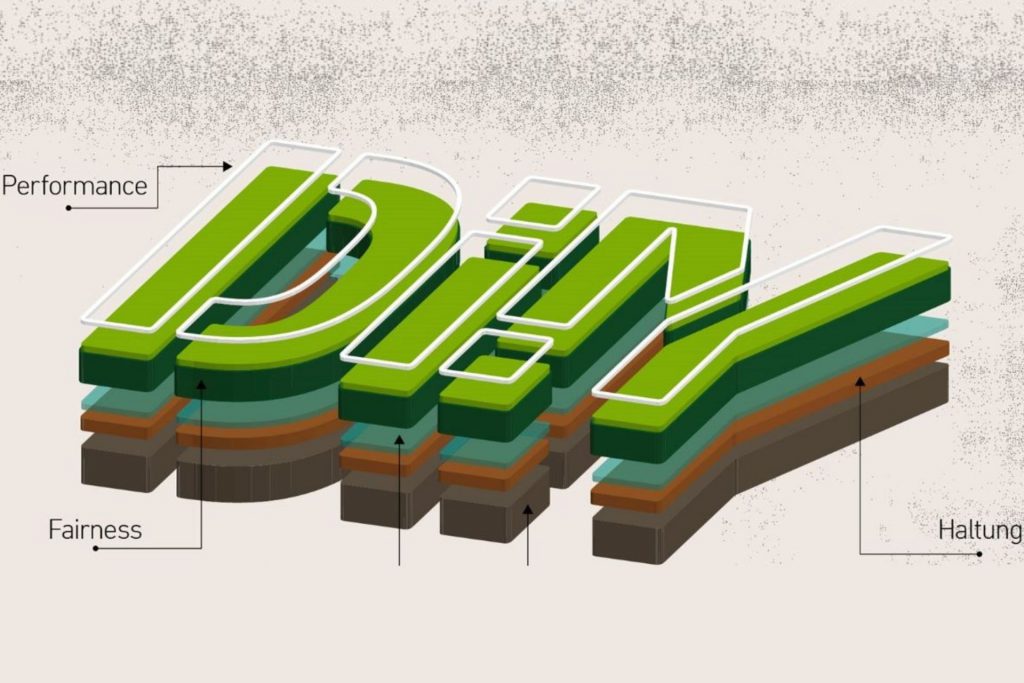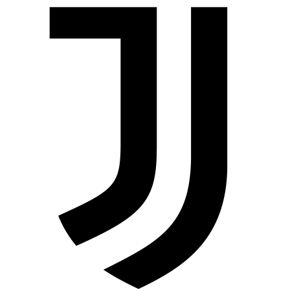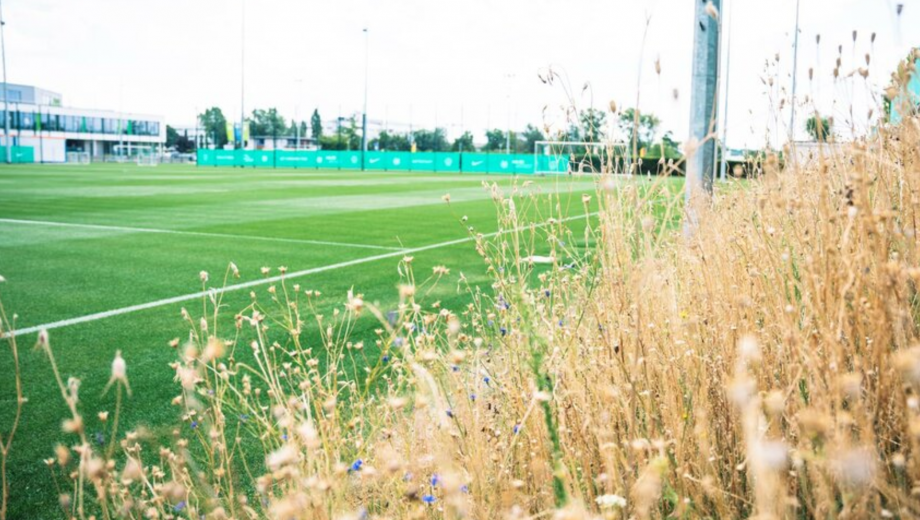Earth Day – Football clubs throw their weight behind climate action
Thursday, 22 April is Earth Day. Earth Day was founded 51 years ago when thousands of people came together in the United States to speak up and demand cleaner air and water. Today, Earth Day mobilises more than one billion people and acts as a major catalyst of change to protect our planet, fight climate change and take action to promote the world’s ecosystems. Tens of thousands of initiatives, actions and virtual events will be organised all over the globe.
The 2015 Paris Agreement, concluded by 196 Parties under the auspices of the United Nations (UN) has set as a binding goal to limit global warming to well below 2, preferably 1,5 degrees Celcius, compared to pre-industrial levels. The EU has committed to becoming a carbon-neutral continent by no later than 2050, reducing carbon emissions already by 55% by 2030. These are bold, but achievable goals if everybody plays its full part.
Football clubs can be both role models and trailblazers. They can take action to limit their own environmental footprint, for example, use renewable energy sources to power their stadiums, reduce and recycle the waste they produce or by making it easier for fans to come to games by bike or using public transport. They can work with local governments to help make their local communities more sustainable. And they can raise awareness amongst their fans and encourage them to support sustainability more widely. Earth Day is a good occasion to highlight how many clubs are already making a positive change for our planet and our environment. Every week, more clubs are teaming up to promote sustainability, even though there is important scope for progress since many clubs still lack a sustainability strategy and concrete action.
Climate Justice at Bohemian FC
Football clubs could become a leading global voice on climate action and climate justice. Bohemian FC is announced the appointment of Seán McCabe as their first Climate Justice Officer in January. By looking at what clubs can do internally within their own systems, the role they can play in their own communities and the role they can play on the international stage, the presentation from Seán at the 15th EFDN Conference aimed to provoke discussion on a shared strategy on Climate Justice under the EFDN that is good for fans, good for clubs and good for the planet. It is helping address issues of energy poverty in their communities. We hope that many football organisations are joining the global call for the right to a healthy environment for all children.

Certification in Germany
Six clubs from the Bundesliga and the Second League (VfL Wolfsburg, Werder Bremen, VfB Stuttgart, FC St. Pauli, SC Paderborn 07 and Bayer 04 Leverkusen) are pioneering sustainability initiatives, particularly through independent certification of their business practices and sustainability management systems. Bayer 04 Leverkusen actively involves its fans to support sustainability initiatives in the local community, notably through its ‘Wir (04) Helfen’ community programme, raising funds by auctioning signed shirts.
Juventus FC
Juventus is taking full responsibility and showing strong performance off the pitch when it comes to sustainability. Juventus is the first Italian football club to join the “Climate Neutral Now” initiative, launched by the UN, alongside Arsenal, Liverpool FC, and VfL Wolfsburg. The club has chosen to concentrate particularly on reducing its carbon footprint in energy and waste management. All electricity used comes from renewable sources. The most energy-efficient light technology has been installed.

Olympique Lyonnais
In France, Olympique Lyonnais has started the Fair Play For Planet labeling process. FPFP is the first label that recognises sports clubs and events with a real commitment to the environment. Two months after the launch of FPFP by former rugby international Julien Pierre, Olympique Lyonnais became the first professional football club to commit to this process. By signing up for Fair Play For Planet, Olympique Lyonnais is emphasising its desire to become more sustainably involved as part of a holistic CSR and environmental policy.

FC ST. PAULI
From next season on, FC St. Pauli will play in jerseys of the club’s own production and thus take another important step towards more sustainability in professional sport. FC St. Pauli has been working on the project since 2018 but was also looking for an alternative supplier that produces performance clothing sustainably and transparently and trades fairly. Because no external supplier could fully meet the criteria of FC St. Pauli, the club will take over the production itself in the future. Following the motto “You have to do everything yourself”, FC St. Pauli’s claim is to produce the most sustainable team sport collection in the world with the “DI!Y” brand. The club is responding to the specific wish of its members to continue to pursue the issue of sustainability consistently.

LFC FOUNDATION
Liverpool FC is launching a brand-new initiative which illustrates how the club is contributing to a more sustainable future. The Red Way is an easy way to understand how the club is contributing to a better future for Reds to come by pulling together all of its sustainability-related activity under one initiative. The club’s contributions to sustainability centre around three distinct pillars:our people (reflecting how the club enables the people it works with to broaden their skills and knowledge, and make a positive difference), our communities (the extensive work undertaken by the club’s Red Neighbours initiative and LFC Foundation, both locally and further afield) and our planet (how the club is making a positive difference in the way it impacts the environment). LFC has also become a signatory to a UN initiative called Sports for Climate Action, which aims to unify sports organisations to play their part in creating a more sustainable future by adhering to five key principles on climate action.

Support from football fans
Football has always been a catalyst for change. It can help shape views and thus help shape societies. Sustainable policies are also what fans want. BBC sport found that nearly three-quarters of football fans agreed or strongly agreed that their favourite club had a clear responsibility to lead on sustainability, for example by increased use of public transport, reduction of waste per fan, and purchase of carbon offsets to compensate for impacts when attending a sporting event. In turn, football clubs being pro-active can enhance their reputation, strengthening relations with their employees and fans, and attract new sponsors.
Corwdfunding could be a good way to connect clubs and fans and finance sustainability projects. Read more about GREENFOOT and financing sustainability initiatives.
Rafael Muela Pastor highlighted throughout his presentation at the 15th EFDN Conference how Real Betis Balompié wants to become the most sustainable football club on the planet.

Juventus F.C. – Juventus for Special @School




